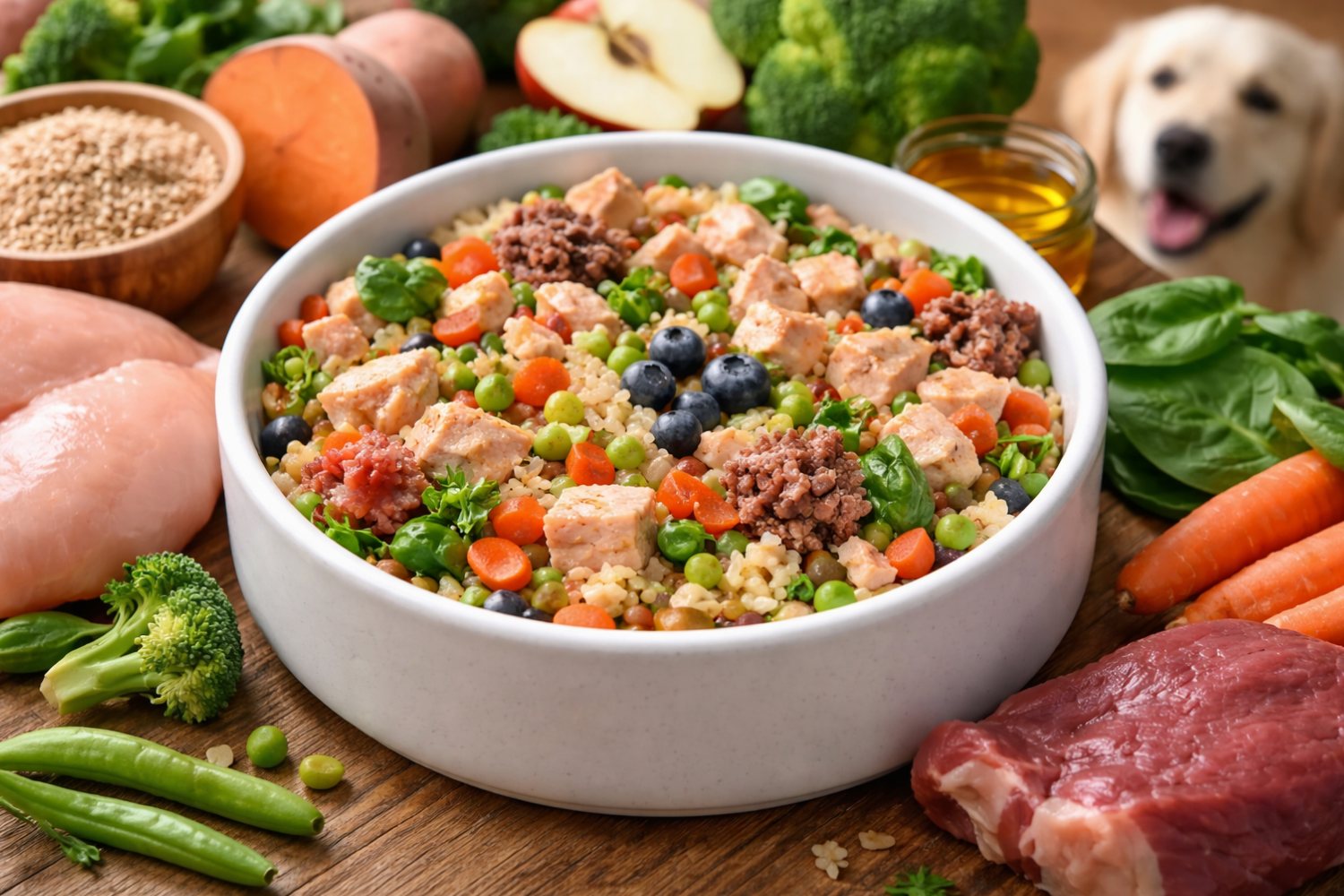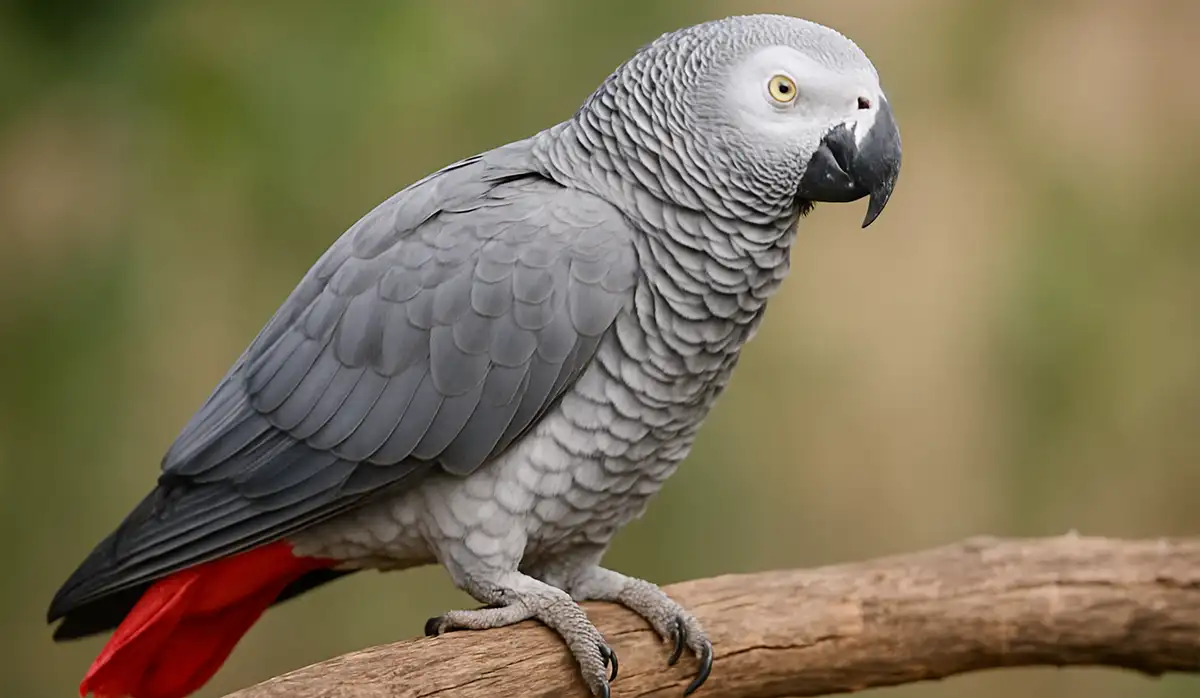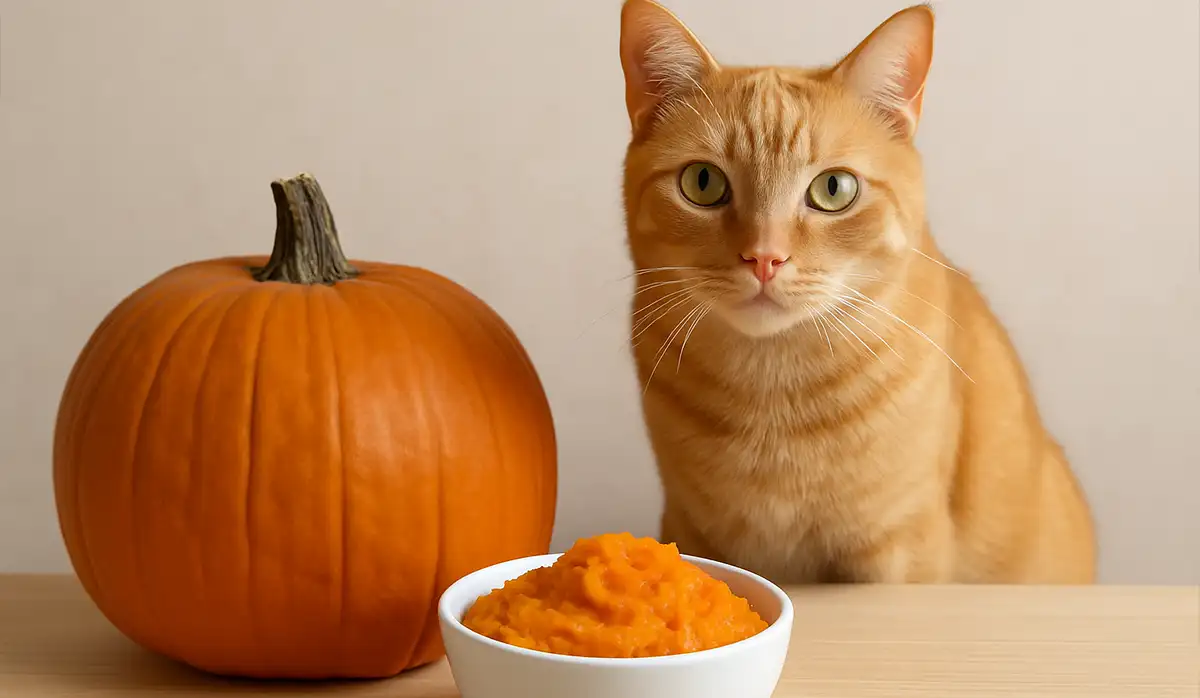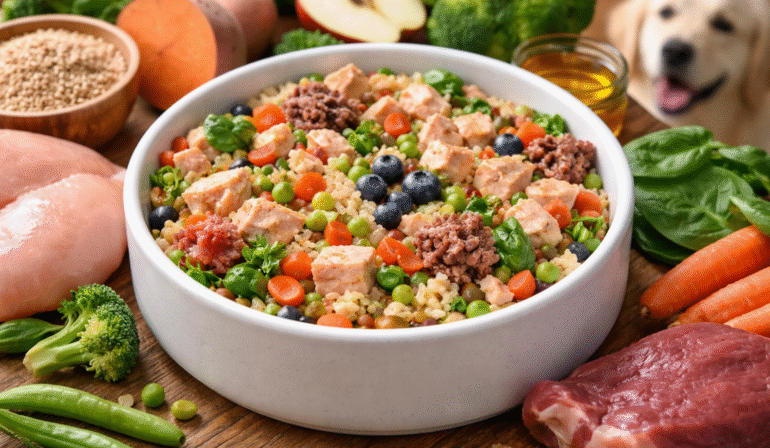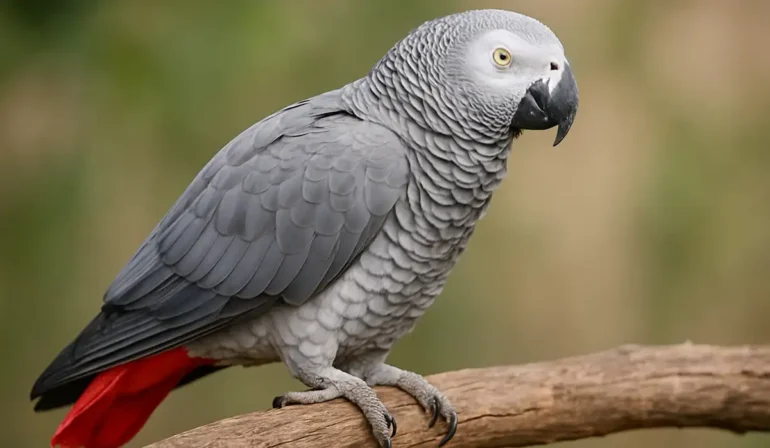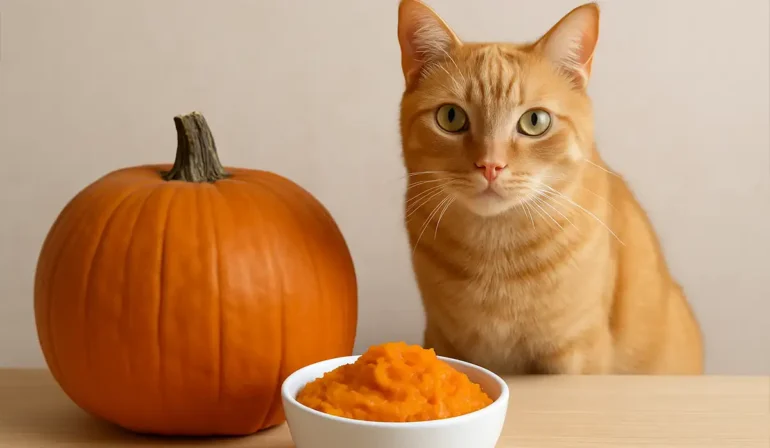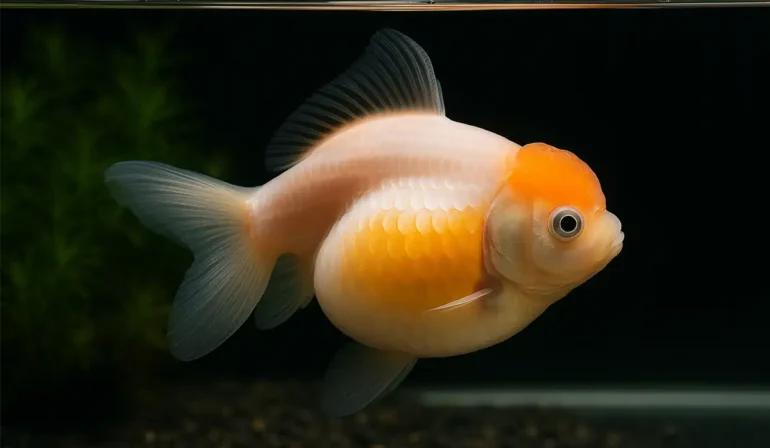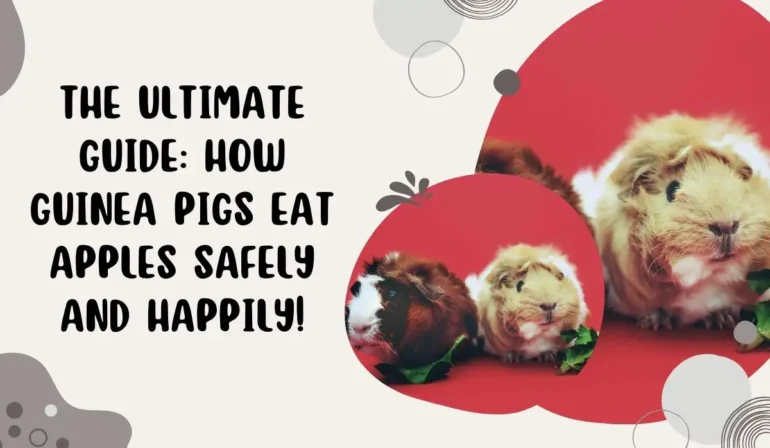Feeding Secrets for a Happy Chinchilla
By Pet Luvz on January 11, 2025

What to Feeding a Chinchilla for Optimal Health
Table of Contents
- Introduction
- Understanding Chinchilla Dietary Needs
- Best Foods for Pet Chinchillas
- Importance of Chinchilla Food Hay
- Choosing the Right Pellets
- Hay Options: Alfalfa Hay vs. Timothy Hay
- Supplementary Foods for Chinchillas
- Foods to Avoid
- Conclusion
- Call to Action
Introduction
Feeding your pet chinchilla requires knowing its dietary needs. As a pet owner, you might ask, “What can I feed a chinchilla?” Well, this is a guide on the essentials of feeding your pet chinchilla, including the benefits of chinchilla food hay and the best chinchilla-specific pellets such as Beaphar Care+ Chinchilla Food.
Understanding Chinchilla Dietary Needs
Chinchillas are herbivores and, therefore, require a high-fiber diet. Their digestive systems are very sensitive, and hence, provide a balanced diet is essential that will be almost the same as they would be consuming in their natural habitat. It can avoid some common health problems like digestive disorders and dental diseases.
Best Foods for Pet Chinchillas

Chinchilla Food Hay
Hay forms a major portion of a chinchilla’s diet, keeping its digestive system well running due to the availability of fiber. Their diet must primarily consist of good-quality hay.
- Timothy Hay: A good mix of all nutrients in an ideal form. Generally used for adult chinchillas.
- Alfalfa Hay for Chinchillas: Alfalfa hay is higher in protein and calcium but given to adult chinchillas, must be limited in quantity.
Pellets
Chinchilla pellets such as Beaphar Care+ Chinchilla Food can be chosen. These pellets are made to be chinchilla-specific, containing vitamins and minerals that may be lacking in hay alone.
- Advantages of Beaphar Care+ Chinchilla Food: Supplemental vitamins and minerals are added.
- Feeding Suggestions: Feed one to two tablespoons of pellets a day.
Importance of Chinchilla Food Hay

Hay serves an important role in chinchillas’ dental care by grinding away their continuously growing teeth. Additionally, it aids the digestive process of the chinchilla by incorporating the needed fiber into its diet. Make sure hay is always fresh and not moldy.
Choosing the Right Pellets

Select pellets that are free from added fruits, seeds, or nuts as these may contribute to obesity and other health problems. Chinchillas should have pellets that are specifically formulated to provide a balanced diet.
Factors to Consider:
- Nutrient Profile: Seek chinchilla food pellets that supply fiber, vitamins, and minerals.
- Freshness: Always inspect the expiration date and store the pellets in a cool, dry place.
- Brand Recommendations: Look for trusted brands like Beaphar Care+ as they offer premium quality chinchilla food.
Hay Options: Alfalfa Hay vs. Timothy Hay

Though generally better for mature chinchillas, Timothy hay is more balanced in nutrients, whereas alfalfa hay can do the trick for younger chinchillas or those requiring extra calcium. At times, a mix of both can be just what’s needed, but always best to check with a vet first.
Alfalfa Hay
- Rich in Protein and Calcium: Best used for growing chinchillas.
- Use: Must be used judiciously on adult diets in order to not over-supplement with calcium.
Timothy Hay
- Balanced Nutrition: Safe for everyday consumption.
- Advantages: Great for oral and intestinal health.
Supplementary Foods for Chinchillas

While hay and pellets represent the staple diet, there are occasional treats and supplements you can feed your chinchilla. This should be given in moderation to avoid gastrointestinal problems.
Safe Treats
- Dried Herbs: Dried mint, dandelion leaves, and chamomile.
- Safe Vegetables: Small amounts of carrots and sweet potatoes.
Supplementary Feeding Tips:
- Watch for Allergies: Introduce new foods little by little to anticipate potential untoward reactions.
- Not too Much: Treats should not represent more than 10% of the diet.
Foods to Avoid

There are certain foods that can be harmful to chinchillas and have to be strictly avoided. These include:
- Foods that contain sugars or fats, for example, chocolate, candy, or junk food.
- High-moisture foods: These include fresh fruits and vegetables, which often lead to diarrhea.
- Toxic foods: Such as avocado, cabbage, and other houseplants.
Conclusion

Feeding the pet chinchilla properly includes a balanced mix of hay, pellets, and an occasional safe treat. High-quality Timothy or alfalfa hay should always be at the top of the list, while specifically formulated pellets, like Beaphar Care+ Chinchilla Food, should complement this for the fulfillment of nutritional requirements.
YOU MAY ALSO LIKE
Top Pick
-

7 Proven Benefits of Fresh Pet Dog Food for Daily Health
January 11, 2026
-

African Grey Parrot: A Smart, Loving, and Talkative Companion
July 22, 2025
-

5 Best Canister Filters for Crystal Clear Water in Your Pet Fish Tank
July 8, 2025
-

Is Pumpkin Good for Cats? Everything You Need to Know
July 5, 2025
-

Swim Bladder Treatment: Solutions for Aquarium Fish Health
July 3, 2025
